Realistic Flies – Wasp / Bumblebee – Set of 6 Flies
Realistic Wasp and Realistic Bumblebee are remarkably realistic fly patterns that imitate the real insects so well that the fish will not know the difference. Realistic Wasp has the characteristic elongated, 3-section wasp shape, the famous stripes, the clear wings, and the long, yellow legs with black tips. Realistic Bumblebee Fly has the rounded, chubby shape, the characteristic band of bright color, the clear, transparent wings, elastic legs, and the fuzzy feel of the real bumblebee. These flies were tied using high quality, floatable, and light material that has just the right weight so when they hit the water, the way they float emulates the real insect accurately. The flexibility and design of the wings and legs add crucial movement to the fly when in water. The realistic look of these flies provides that imperative advantage when fishing wasp and bee patterns. The material is super sturdy – these flies were tied to last and will withstand many takes. Wasps and bees are good and nutritious meals, so these little flies are not going to be easily passed by the hungry trout.
These Realistic Wasps and Bumblebees are highly effective – they produce some energetic strikes!
Realistic Flies – Wasp / Bumblebee – Set of 6 Flies comes with 2 wasps in hooks sizes #10 and #12, and 4 bumblebees in colors Yellow and Orange and hook sizes: #8 and #10.
Wasp and Bumblebee Fly Fishing
Honey bees, bumblebees, and wasps belong to a Hymenoptera order. These insects are terrestrials – they live and breed on land. They can often be found living around lakes and rivers and can be fished from spring well into the late fall. The reference to fly fishing using bee and wasp fly patterns goes back to third-century writing.
Bees and wasps are social insects and live in large communities (colonies), consisting of a queen (producing eggs) and non-reproducing workers. During summer months, and well late into fall, some of these insects will fall or get blown into streams or lakes – where they become food for trout, salmon, steelhead, and panfish. One of the great spots on the river to fish these patterns is under the overhanging tree where a colony of these insects is settled. Under such trees, you are sure to have some insects blown off into the stream. Other great spots to try would be around the edges in the shallow pockets.
While wasps feed on nectar, they are also predators – they sting, kill and eat other insects. Parasitic wasps raise their young by laying eggs in the bodies of living creatures or in the larvae of other insects – this often being aquatic insects. For one of the species of wasps, a female adult would ‘dive’ into the water (by crawling or even swimming) seeking out the aquatic insect as a host for their eggs. These are called diving wasps. Naturally, these wasps become a good food choice for many fish. Fertilized females spend their winter hibernating in a sheltered location. The rest of the colony will usually die down with the onset of winter. This could be a good time for fishing these patterns as many of them end up in rivers.
The role of bees in nature is pollinating flowers, so they become active in the spring with the onset of warm weather and the first sign of flowers. Bees stay active throughout the summer and well into the fall. They can be seen close to the water as they come for a drink on the warm days. Compared to bees that have very large colonies, bumblebees form smaller colonies – between 50 and 400 individuals. They nest in different places, some underground & in sheltered places – places without direct sunlight, some above ground – in the tree holes or in thick grass.
Bumblebees can withstand lower temperatures than bees and are usually found at higher altitudes. However, bumblebee nests last only one season – they do not survive the winter. As with other species from this group, cold air makes it difficult for them to get and stay airborne, so in the late fall, many of these start dying down and can be found on water surfaces. Therefore, besides summertime, fall can be a great time to fish these patterns. Bumblebee patterns work great on slower rivers, ponds, ponds, creeks, and lakes, but also on faster streams.
Fly Fishing Terrestrial Flies
Terrestrial insects are land-bred. Some of the species of terrestrials include hoppers (grasshoppers), ants, beetles, bees, crickets, etc.
Terrestrials are one of the essential food sources for trout and other game fish during the summer months. Hot summer months are when the aquatic insects become sparse, the trout is the most active and grows the fastest. This is when terrestrials become their most important food source as a rich source of protein. A terrestrial falling into the water is a great and nutritious meal for fish as these insects are usually bulkier and heavier than aquatic insects and they provide a large calorie intake when the trout need it most.
Terrestrial fly patterns are effective from May till October, and sometimes even into November.
As terrestrials are most active and most likely to fall in the river during the day, the best time to fish these fly patterns is anytime from late morning all the way through the evening. Windy days are best as the wind ‘pushes’ them to the water. Optimal locations to present terrestrial patterns are along cut banks, grassy shorelines, or under big trees – places where fish wait for them – easy meals just dropping in. As these insects will eventually be pulled further into the river – midstream can also be a good place to present your fly.
On smaller streams fish are depending mostly on terrestrials as their food source. Small waters don’t have the high-energy riffles where the aquatic insects spend much of their lifecycles. For fishing small streams – terrestrials are a must.
Be it mid-summer, early fall, or the midst of spring – fishing terrestrial fly patterns can provide top dry-fly action!

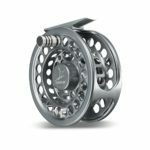
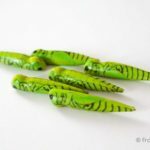
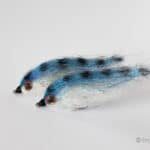
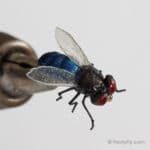
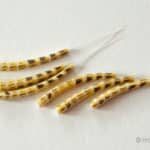
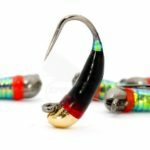
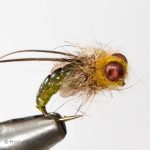
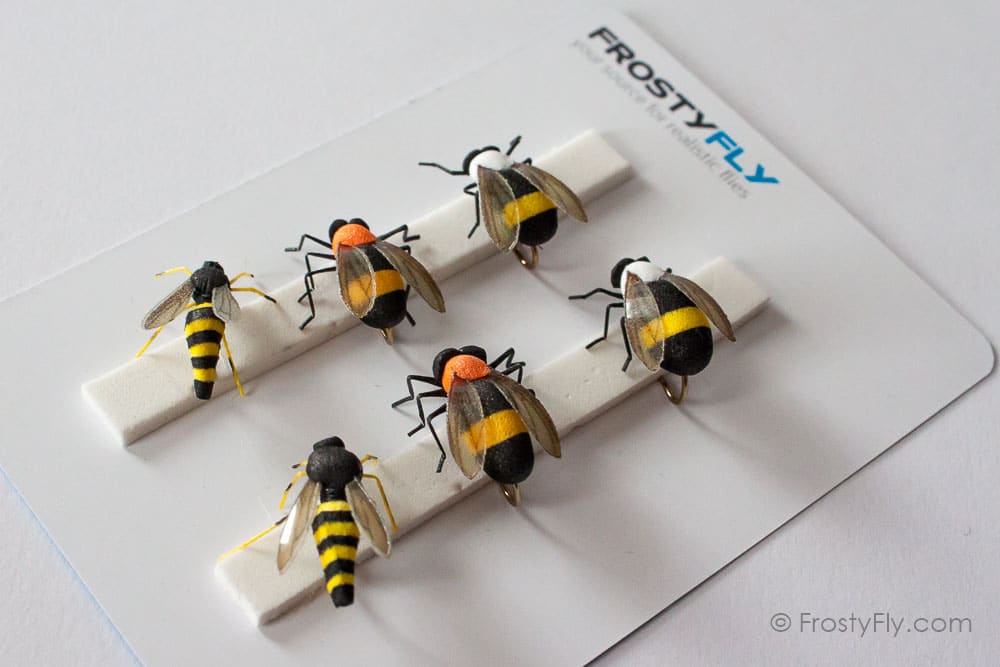
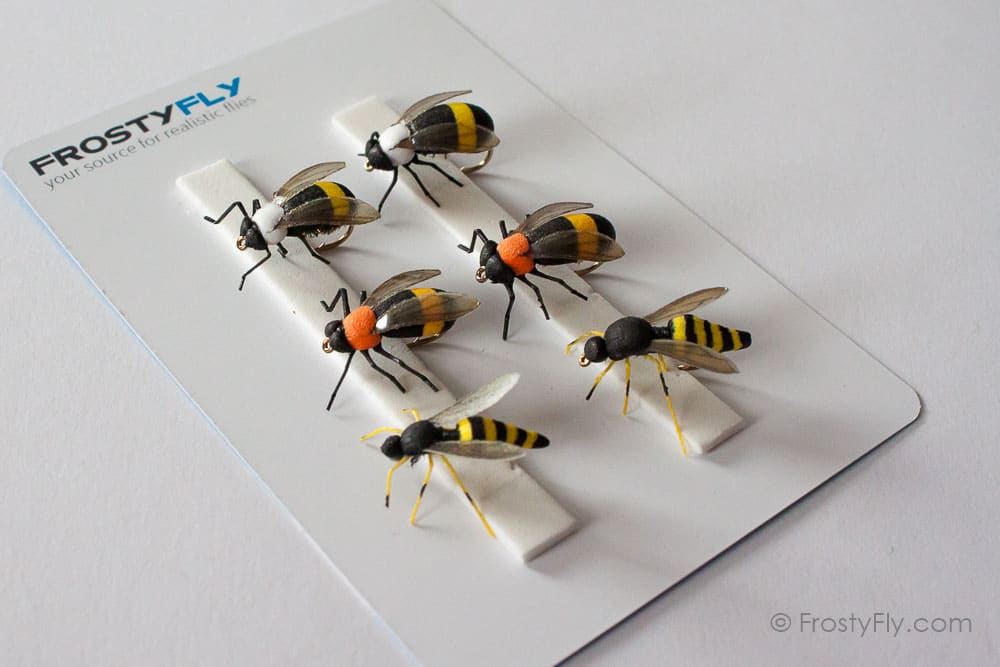
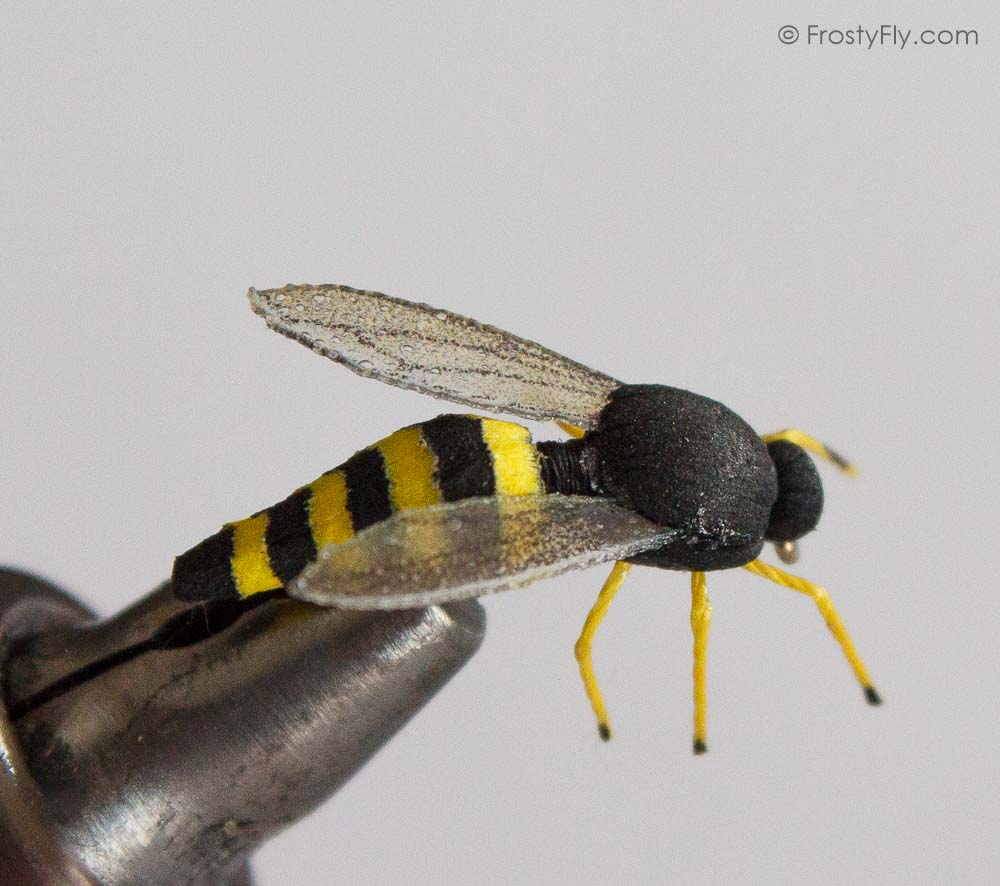
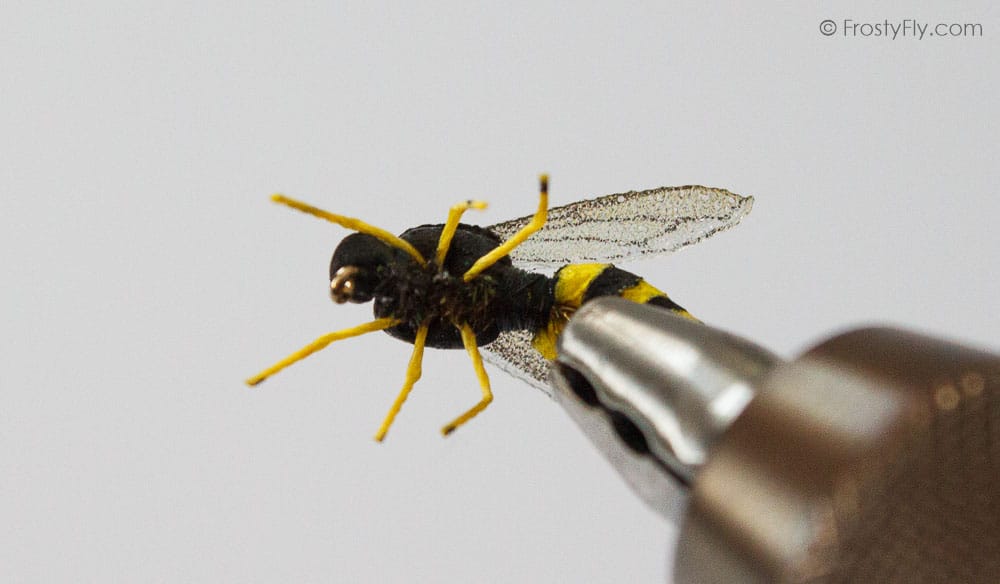
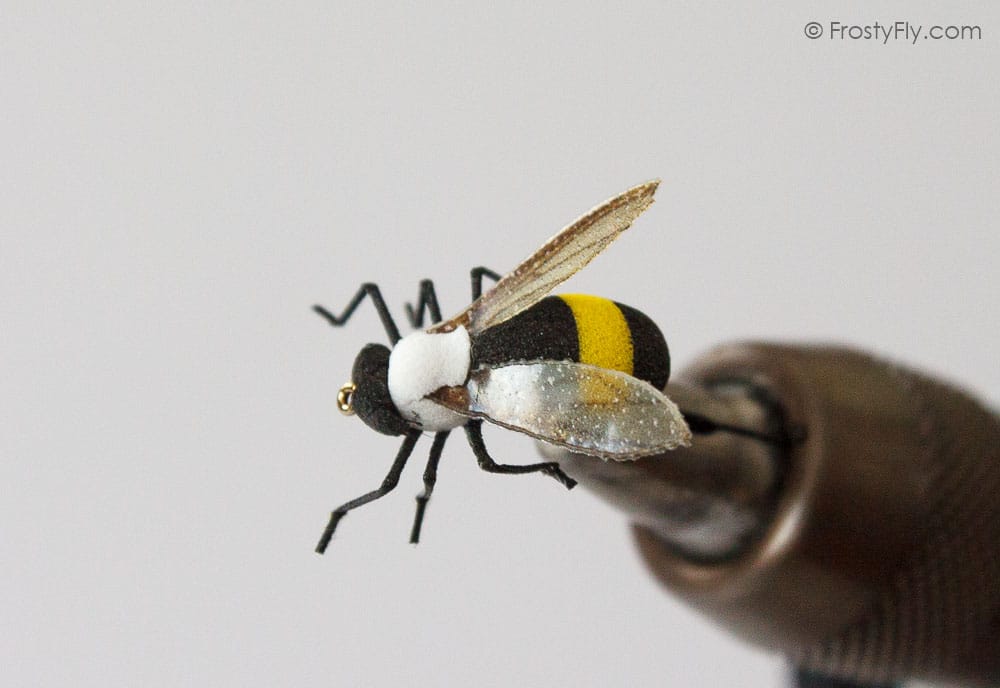
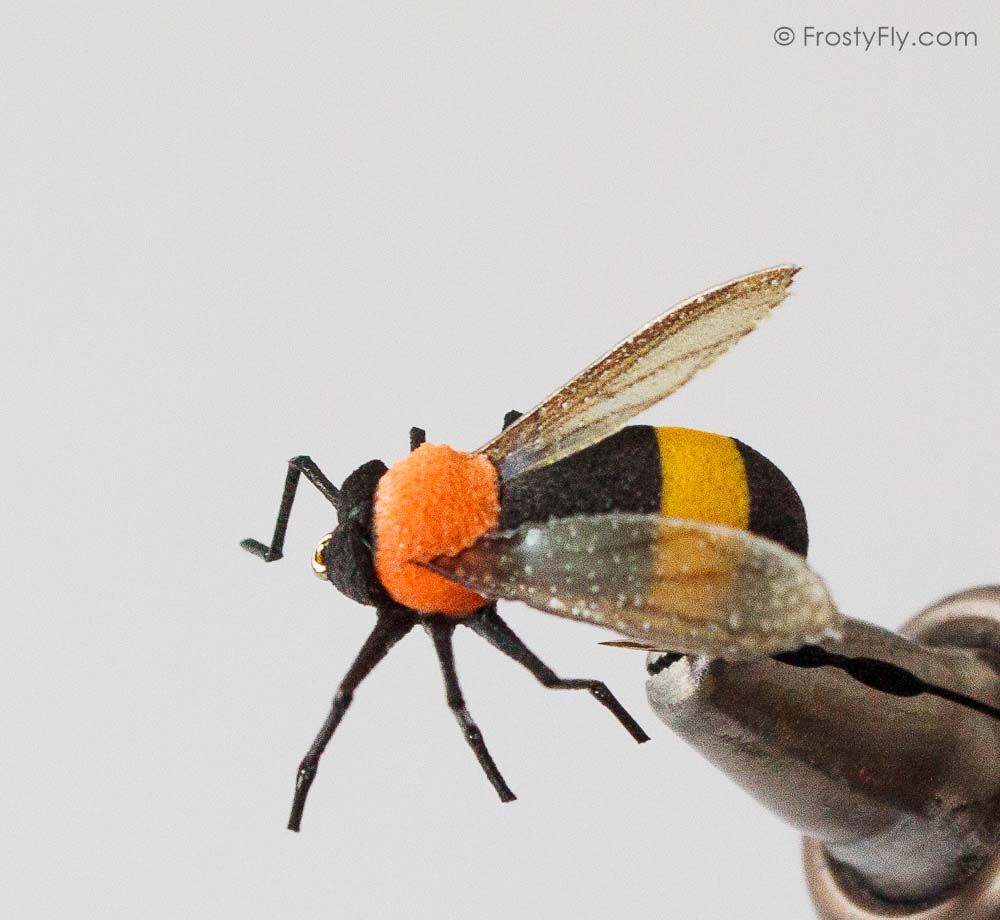
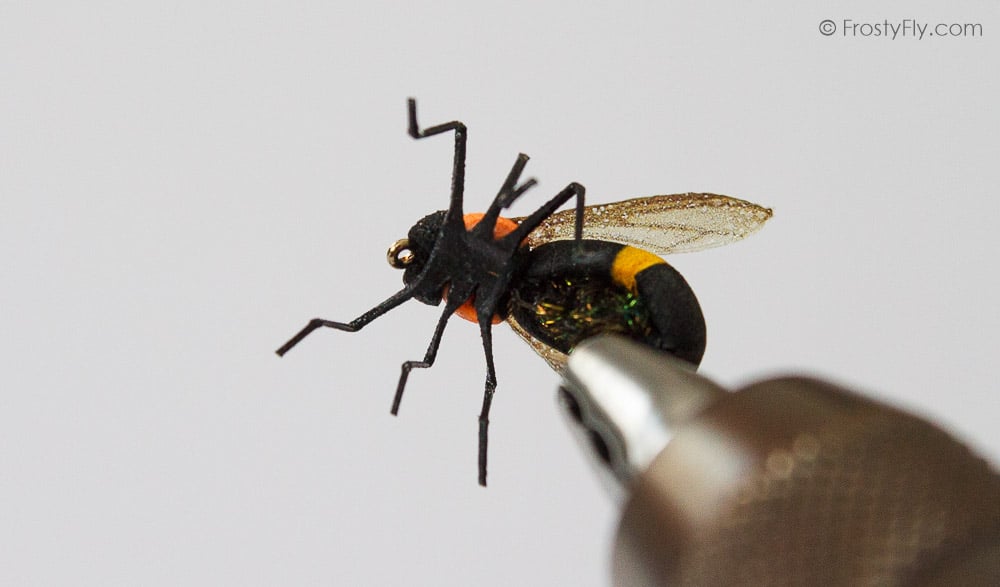
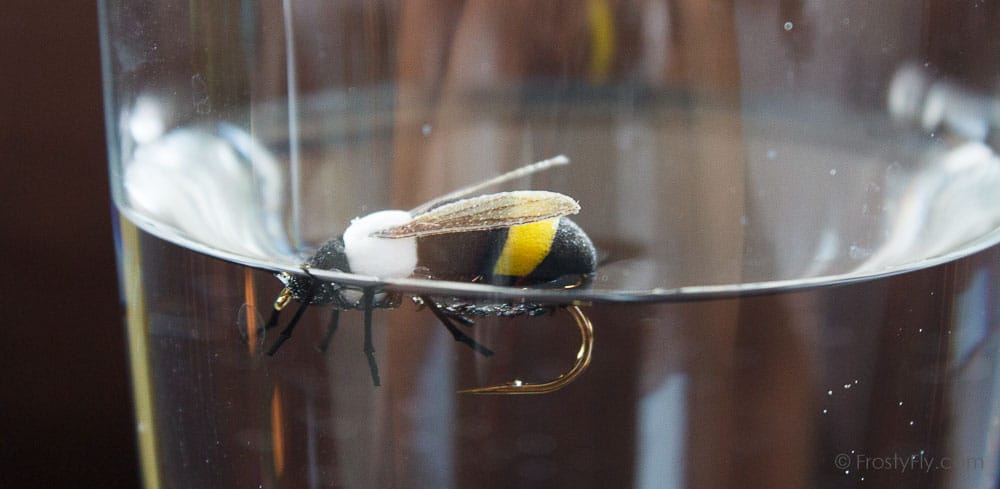
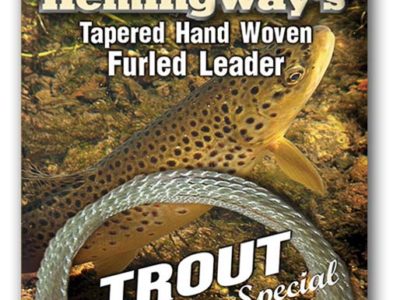
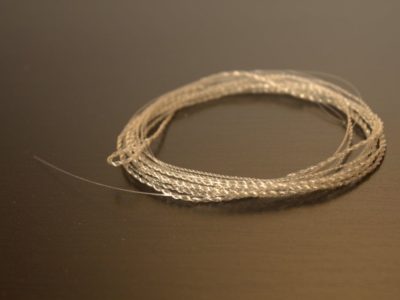
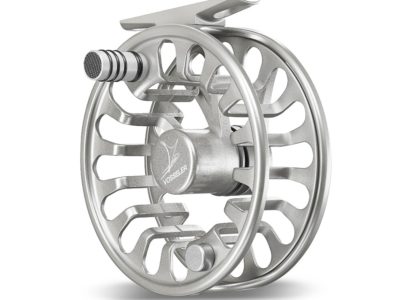
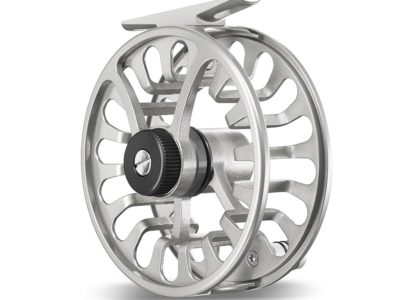
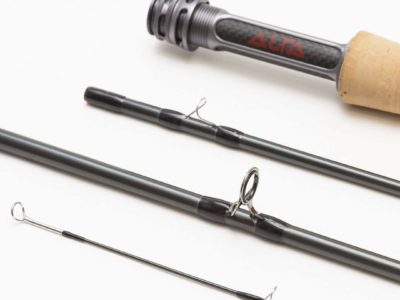
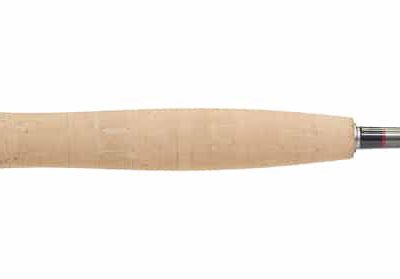
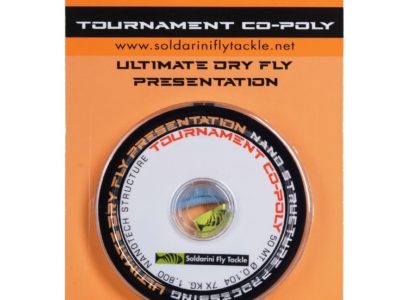
Reviews
There are no reviews yet.